On January 8, Ayo Olukotun, a professor of Political Communication, asked in The Punch newspaper, “Where is the president’s think tank?” The professor based his question on President Muhammadu Buhari’s performance in the last presidential media chat, as we call it in Nigeria. Since we all know the answer, which is that, our president does not have a think-tank as at today, except ministers, some special advisers, and the usual coterie of hangers-on which any leader always have around, the question is worth asking again.
The lack of a clear-cut economic policy prompted this piece and unless we want to live in denial, we will all agree that Nigeria’s economy is in a shambles. It might be unfair to completely blame the Buhari government for the current woes besetting the economy, as his government is just nearly eight months in office, but not doing enough apparently to stem the tide does not bode well for the economy. It is also worth mentioning that the price of crude oil has not helped this government, its campaign promises notwithstanding. Researching this piece, I spoke with four economists who occupy senior positions in critical sectors of the economy across the political divide and they were unanimous that our president needs help, and fast too. While we have all been fixated on the exchange rate and the Central Bank restrictions before they were relaxed last week, the economy is haemorrhaging in other areas.
A few of our banks have sacked some staff in the last four weeks and unless someone you know was asked to go, the conspiracy in the media induced by advert patronage and corruption ensured that such news items were never made public.
A story is told of how the president called the Central Bank governor, Godwin Emefiele, after the media chat and asked whether it was true that parents actually were having problems paying their children’s school fees abroad due to the foreign exchange restrictions. I learnt that, painfully, Mr. Emefiele too allegedly pleaded ignorance of the aftershocks of such restrictions. Even though the president’s actions showed a caring leader, it could also be interpreted as naivety and ignorance on his part. I mean how could he not be aware of such an order? What kind of briefing – intelligence and financial – is available to our president? What do the aides tell him whenever they have audience? What he wants to hear or what he should hear? Our recent experience as regards leaders being held hostage by a clique is too painful to be repeated under this dispensation, dear president. While the restriction policy could have been a well-intended one, it was fraught with unintended consequences showing that good intentions are okay but actions are more important.
Advertisement
Clearly, there are many variables as far as the economy is concerned but we cannot achieve any meaningful progress if they are not all tackled together. Does the president know that foreign investors, apart from those in the oil and telecommunications sectors, are voting with their feet? Last Friday, this newspaper reported that, “The Nigerian stock exchange (NSE) has become the worst performing stock exchange in Africa, and the third worst performing in the world, after China and Saudi Arabia.” The exchange, the story said further, lost N1.2 trillion in the first eight trading days of this year. This simply means that majority of those who are left are small time investors who do not depend solely on their investments. Institutional investors, especially foreign ones, are not sentimental and don’t depend on body language but a well articulated policy that indicate the direction a country’s economy is headed. It also does not bode well when consumer and business confidence is zilch like we have presently.
So, who are the president’s economic advisers? While the 1999 Constitution does not mandate the president to appoint a chief economic adviser, a practice that former President Olusgeun Obasanjo introduced, there’s nothing wrong in the president having a group of advisers on the economy. In fairness to Buhari, I learnt that three economists spent a full day with him shortly after election, briefing him on what to do, and offering suggestions on urgent actions to be taken on the economy, no one knows if they left a serious impression on him.
President Buhari, you need help, especially in running the economy. Reach out and seek the best expertise available and let’s have your economic policy. I suggest that the president also read two books, Stress Test: Reflections on Financial Crises by Timothy Geithner, a former American Treasury Secretary; and The Courage to Act: A Memoir of a Crisis and Its Aftermath by Ben Bernanke, chairman of the U.S. Federal Reserve between 2006 and 2014. Before doing that, however, ask your aides to brief you on what is happening in Venezuela presently, the country sure have a lot of lessons to teach your government on how not to run an economy.
Advertisement
Views expressed by contributors are strictly personal and not of TheCable.
2 comments
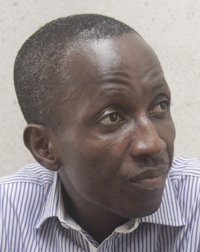
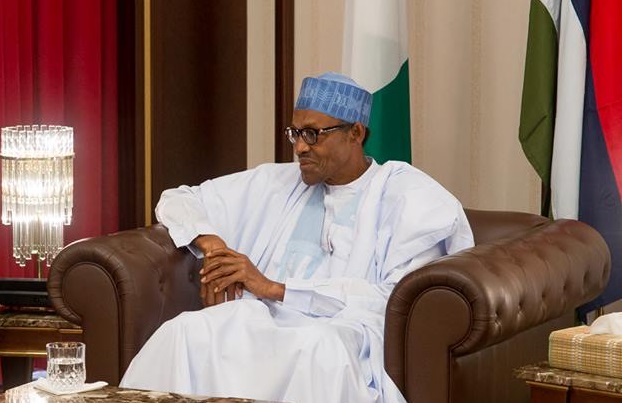
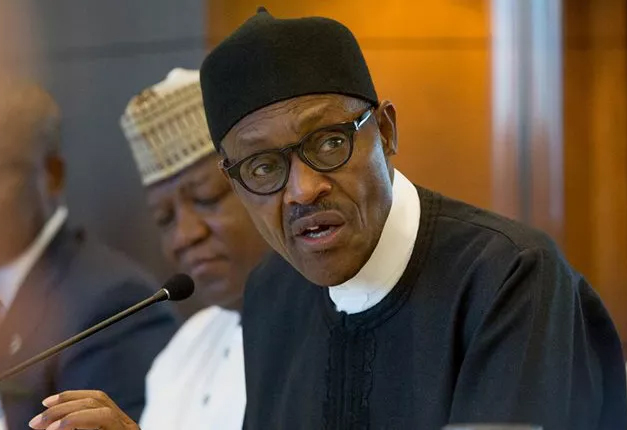
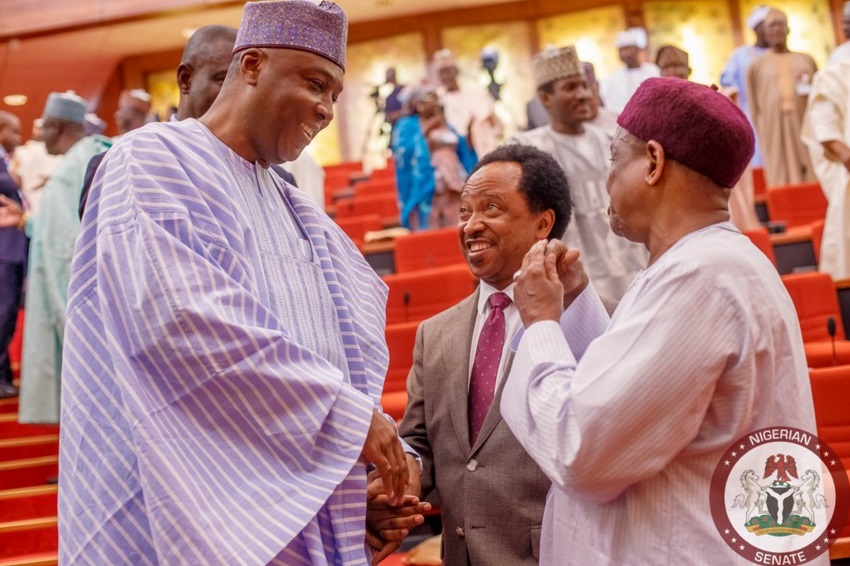
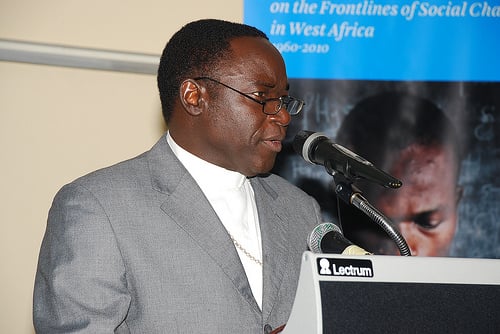
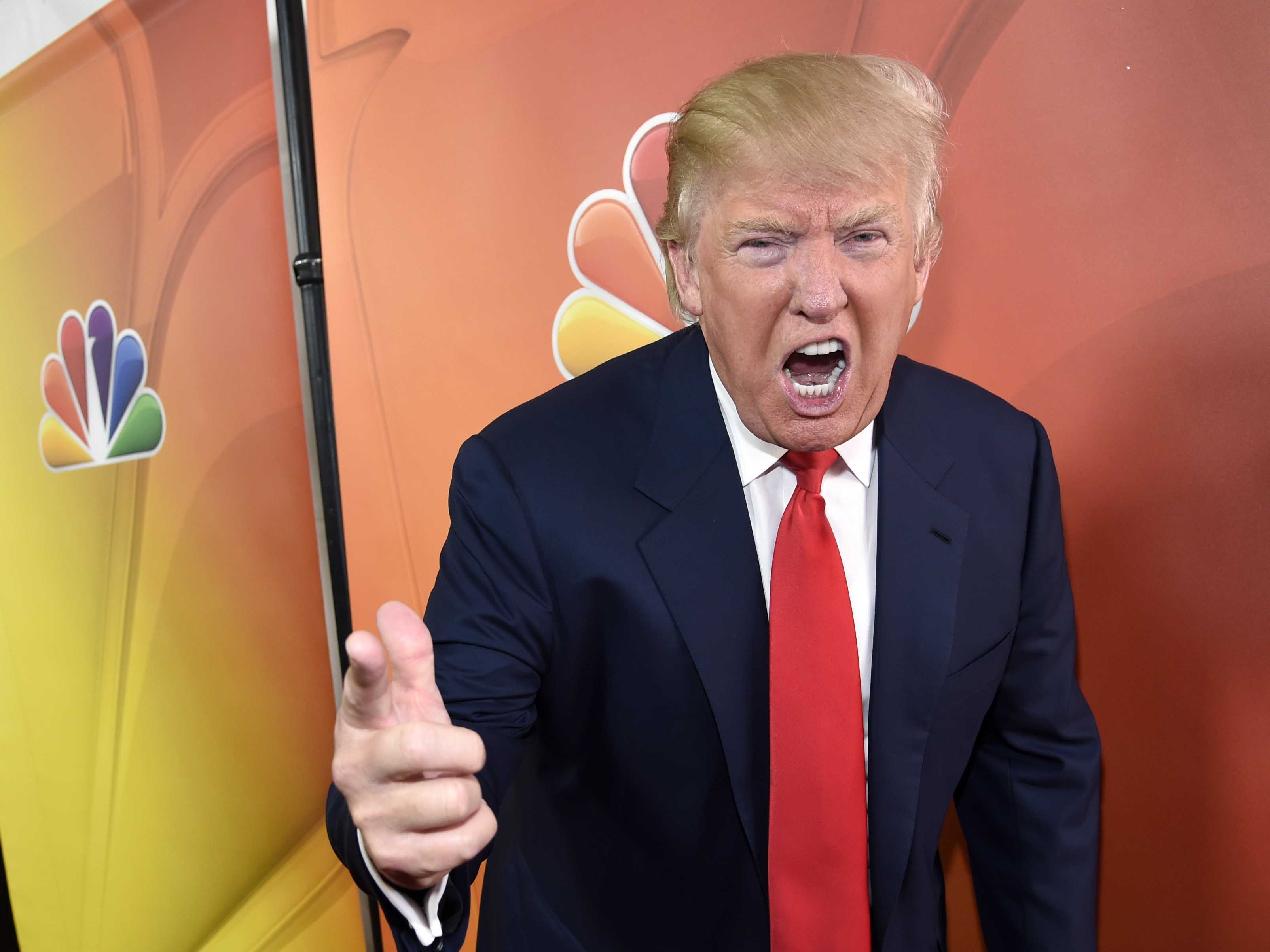
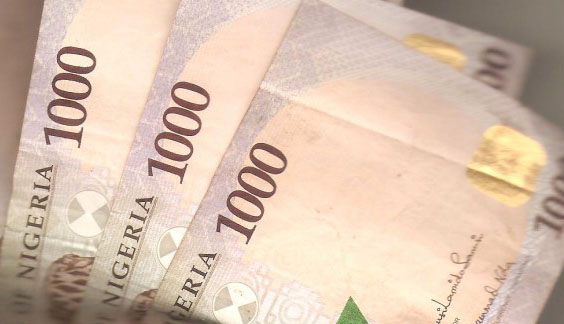
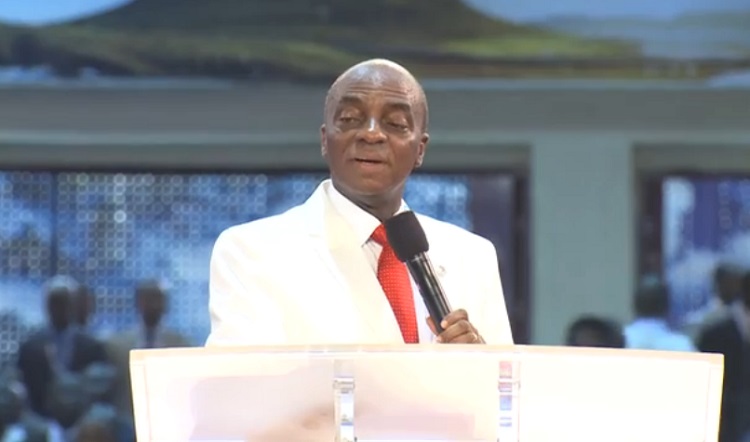
Brief him all we want, Buhari lacks the ability to comprehend. The man can’t give what he doesn’t have.
This President to read books? I am sure, it’s a tall order. He’s too intelligent or rather lazy for that.